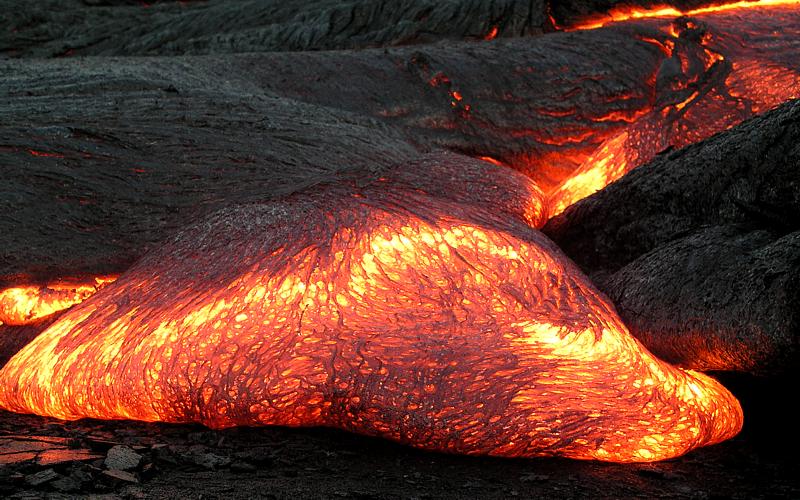
Earlier this evening, physicist Rob Sheldon responded to Geoscience Research Institute senior scientist Tim Standish’s view that no life form would likely thrive in the lava bath of very early Earth. The discussion concerns recent fossil finds thought to be about four billion years old.
Standish replies,
Yes, cyanobacteria are a good candidate, but I still believe they probably can’t really survive in the actual absence of other life. For example, the absence of phosphate is recognized as a problem for the origin of life, one that various solutions have been proposed for. Are cyanobacteria also phosphate solubilizers? I’m not asking a rhetorical question, I really don’t know, but I’m willing to bet that they can’t really live and thrive with only water, sunlight, carbon dioxide and nitrogen. There will be a need for some minerals that they don’t have the capacity to live without. Some of these may be readily available from inorganic sources, but I suspect there will be some they need some help with from other organisms.
It would be interesting to see how long a cyanobacteria monoculture can thrive in some sort of minimal culture. It may be that there is one species that can do a complete nitrogen cycle, but if there isn’t, nitrogen will end up in a sink that would eventually lock it all away, making it unavailable, even to cyanobacteria. In addition, are cyanobacteria capable of recycling dead cyanobacteria? If not, carbon would become locked up in organic molecules, although a good fire could correct that situation.
The bottom line is that I remain unconvinced that there genuinely is an organism that did survive in the complete absence of all other organisms, but I think you raise the best modern challenge to the idea. It is just that I still don’t think it works, even if it has been evolving for about 4 billion years more than the original universal common ancestor. In addition, it is probably worth noting that, independent of the claim I made, cyanobacteria with their jack-of-all-trades metabolism make for an unlikely first cell, which would be expected to have the simplest biochemistry possible.
I agree that time is as much a problem as a solution when it comes to OOL.
Now that Darwinians can no longer get away with vague claims about vast amounts of time working some kind of magic, we can at least have reality-based discussions.
See also: Rob Sheldon responds to “no life on molten Earth”
But could there really be life at Earth’s molten rock stage? (Tim Standish)
Researchers: Evidence of life 3.95 billion years ago
and
What we know and don’t know about the origin of life